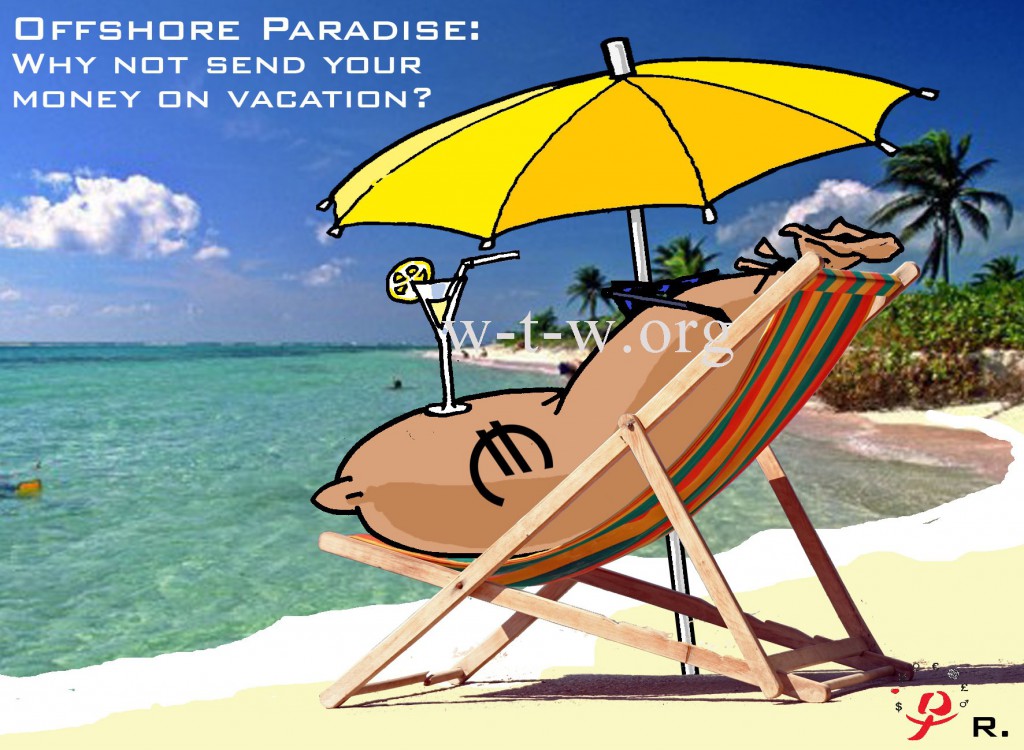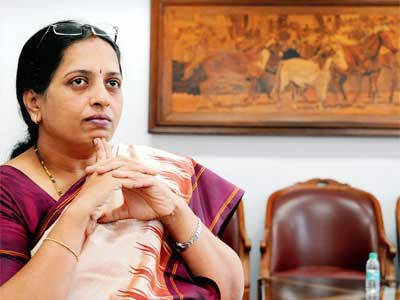ORGANISED CRIME – MORE PERVASIVE, MORE POWERFUL AND MORE COMPLEX  THAN EVER BEFORE
THAN EVER BEFORE
“Organised crime worldwide makes more than $870 billion every year. That’s bigger than the GDP of Indonesia. If organised crime was a country it would be in the G20” the Australian Minister for Home Affairs and Minister for Justice, Jason Clare said when he released the Australian Crime Commission’s report “Organised Crime in Australia 2013 Report“. 
The Australian Crime Commission estimates that organised crime costs the Australian economy alone $15 billion each year.
In the two years since the publication of the last Organised Crime in Australia assessment, organised crime has become more pervasive, more powerful and more complex.
Globalisation has been embraced and exploited by organised crime, which capitalises on the way in which globalisation has greatly facilitated international communication, cross-border links, commerce and trade. Although organised crime now seems to have no borders or geographical constraints, combating organised crime and illicit trade has remained in many ways constrained by jurisdictional, legislative and state borders – a fact that is not lost on sophisticated criminals.
The rapid development of technology, and the increasing availability of that technology to users throughout the world, have significantly increased the dynamics, profile and reach of organised crime. The Internet enables global virtual networking and social interaction between criminals, and has enabled the establishment of ‘virtual marketplaces’ for illegal and illicit goods such as drugs, firearms, identification documents and child exploitation material.
The combination of globalisation and rapid technological development has had a profound effect on the new and emerging drug markets (the drug analogues and other novel substances markets) and on sophisticated organised fraud. The Internet is the key driver of the new and emerging drug markets, enabling entrepreneurial individuals, rather than traditional organised crime groups, to become significant players within these markets. Organised fraud can now target victims around the world from any location, with the delivery of scams via the Internet or via voice-over-Internet protocols, meaning that those behind these schemes can easily and cheaply reach increasingly large pools of possible victims.
The emergence of entrepreneurial individuals in some key illicit markets is challenging the traditional paradigms of organised crime dominance or control. With serious harms now being wrought by actors outside the traditional organised crime structures, these individuals can, in some instances, be as worthy targets for law enforcement attention as organised crime groups. Importantly, while the Internet has brought buyers and sellers of illicit commodities together, it has also made it possible for organised crime to introduce itself into the homes or lives of all Australian Internet users. Organised criminals increasingly exploit the online environment to perpetrate crimes such as stealing sensitive personal identification information exchanged over the Internet to commit frauds or identity crime, or delivering mass marketed fraudulent schemes such as advance fee fraud and fake investments to unsuspecting victims.
Organised crime as it affects Australia is inextricably linked to international organised crime. Serious and organised criminals operating in Australia necessarily have international links to facilitate their activities – particularly the movement of illicit goods into Australia – and overseas-based organised criminals actively target Australia. This means that strong and trusted partnerships with overseas law enforcement agencies are now more fundamental to combating organised crime than they have ever been.
Organised criminals who may once have been involved in traditional illicit markets, such as drugs, are now expanding their interests – often across a range of illicit activities or sectors – in order to maximise their profits. Although most organised crime activities in Australia are focused on illicit drug markets, organised crime is increasingly diversifying its activities, with convergences being observed between legitimate or licit markets and illicit markets.
Of concern is the diversification of organised crime into legitimate business to conceal its illicit Activities. The infiltration of legitimate business by organised crime can be particularly insidious when that infiltration is used to pursue anti-competitive practices. Internationally, perhaps the most publicised example of this is the involvement of Russian organised crime in big business in critical sectors within Russia and the other countries of the former Soviet Union. This involvement allows criminal monopolies to develop, squeezes legitimate business out of key sectors, and gives significant political influence to organised crime figures as a result of their control of businesses that are fundamental to the economy.
The anonymity offered by cyber-based criminal methodologies can also mask the underlying motivations for attacks on individuals, organisations and governments. In this respect, it is often difficult to distinguish cybercriminals from ‘State-based’ actors. Alleged State-based cyber activity around the world between 2008 and 2011 reportedly targeted everything from nuclear reactors and International Monetary Fund (IMF) data holdings to defence contractors and the Google and Hotmail email accounts of individuals.
The scope and nature of contemporary organised crime mean that, domestically, the relationships between law enforcement, national security, government, regulatory and compliance agencies, private industry and community groups will be more important than they have ever been in identifying and dealing with threats. Internationally, Australia’s diplomatic and law enforcement partnerships will be fundamental to containing organised crime.
In the same way that organised crime is now recognised as a global threat, there is a general acceptance of the threat that organised crime poses to national security. National security incorporates, but is not limited to, concepts of sovereignty, border integrity, political and economic strength, strong institutions of State, the safety and wellbeing of citizens, and the strength and depth of relationships and alliances with other nations.
Frank-cs.org / More on Organised Crime










